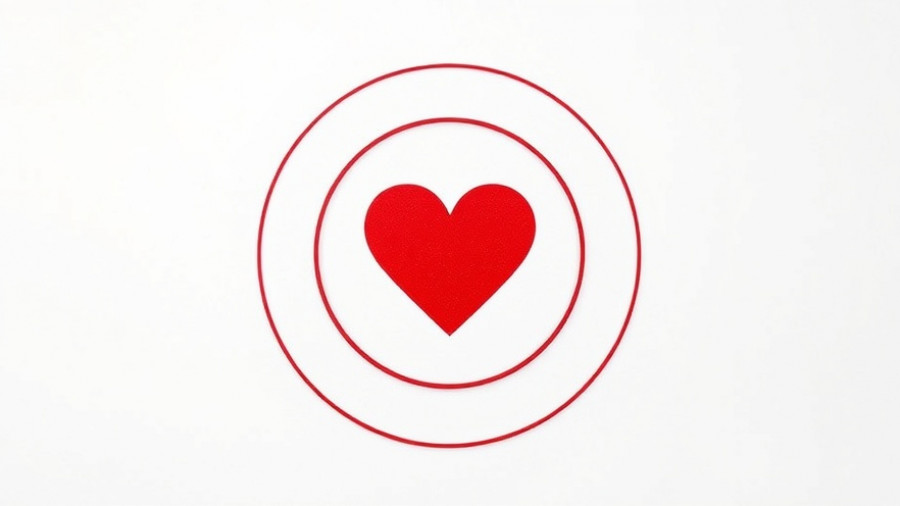
The Multifaceted Effects of Caffeine on Mental Health
Caffeine is often hailed as a productivity booster, a quick fix for fatigue, and a mental sharpener. However, emerging research reveals that the effects of caffeine on the brain are complex and can vary greatly among individuals. While many people depend on their morning cup to kickstart their day, it's crucial to recognize that caffeine can also exacerbate anxiety disorders and influence emotional well-being.
Caffeine: A Double-Edged Sword for Anxiety Management
For those suffering from anxiety disorders—such as generalized anxiety disorder and social anxiety—caffeine might act as a double-edged sword. Studies show that excessive caffeine intake can result in heightened anxiety symptoms, including panic attacks and increased heart rate. Conversely, moderate consumption may improve mood and cognitive function for some individuals. Understanding one’s personal threshold and response to caffeine is essential for effective anxiety management.
The Connection Between Caffeine and Depression
Research indicates a notable connection between caffeine consumption and depressive symptoms. While low to moderate caffeine intake can potentially ward off certain depressive symptoms, excessive consumption might lead to increased feelings of restlessness and contribute to a cycle of anxiety and stress—especially in vulnerable populations such as youth and those experiencing economic stress. Recognizing these nuances can be beneficial for those using caffeine as a coping mechanism.
Impact of Caffeine on Students and Academic Performance
Students often turn to caffeine as a study aid, believing it will enhance their focus and performance. However, over-reliance can lead to sleep disturbances and jitteriness, which may adversely affect academic success. Implementing healthy habits around caffeine consumption—combined with relaxation techniques and mindfulness practices—can significantly enhance students' cognitive function and overall mental health.
Expert Insights: Recommendations on Caffeine Use
Mental health professionals often recommend mindful caffeine consumption, particular for those susceptible to anxiety disorders. For individuals dealing with panic attacks or chronic anxiety, considering alternatives like herbal teas or decaf options may be more beneficial. Incorporating self-care strategies, such as deep breathing exercises and cognitive behavioral therapy, can complement one’s approach to managing stress and anxiety.
Looking Ahead: Future Directions in Caffeine Research
The field of caffeine research is rapidly evolving. Future studies may uncover deeper insights into how caffeine interacts with mental health conditions, potentially reshaping guidelines around its consumption, especially in individuals with anxiety disorders or depression. Continued awareness and education regarding the mental health implications of caffeine can empower individuals to make informed choices.
Building a Supportive Community and Reducing Stigma
Addressing mental health issues like anxiety and depression requires a supportive community approach. Leveraging support groups and resources such as the SADAG helpline can provide individuals with the necessary tools and connections to navigate their mental health journeys. Reducing stigma around mental health issues can encourage open discussions about substance use, including caffeine, as a factor in mental health resilience.
Caffeine is a widely used psychoactive substance, and while it has its benefits, understanding its effects on mental health is vital. Individuals must be proactive in assessing their caffeine consumption and its link to anxiety and depression. With continued research and open dialogue, we can create better strategies for coping with mental health challenges.
 Add Row
Add Row  Add
Add 




Write A Comment